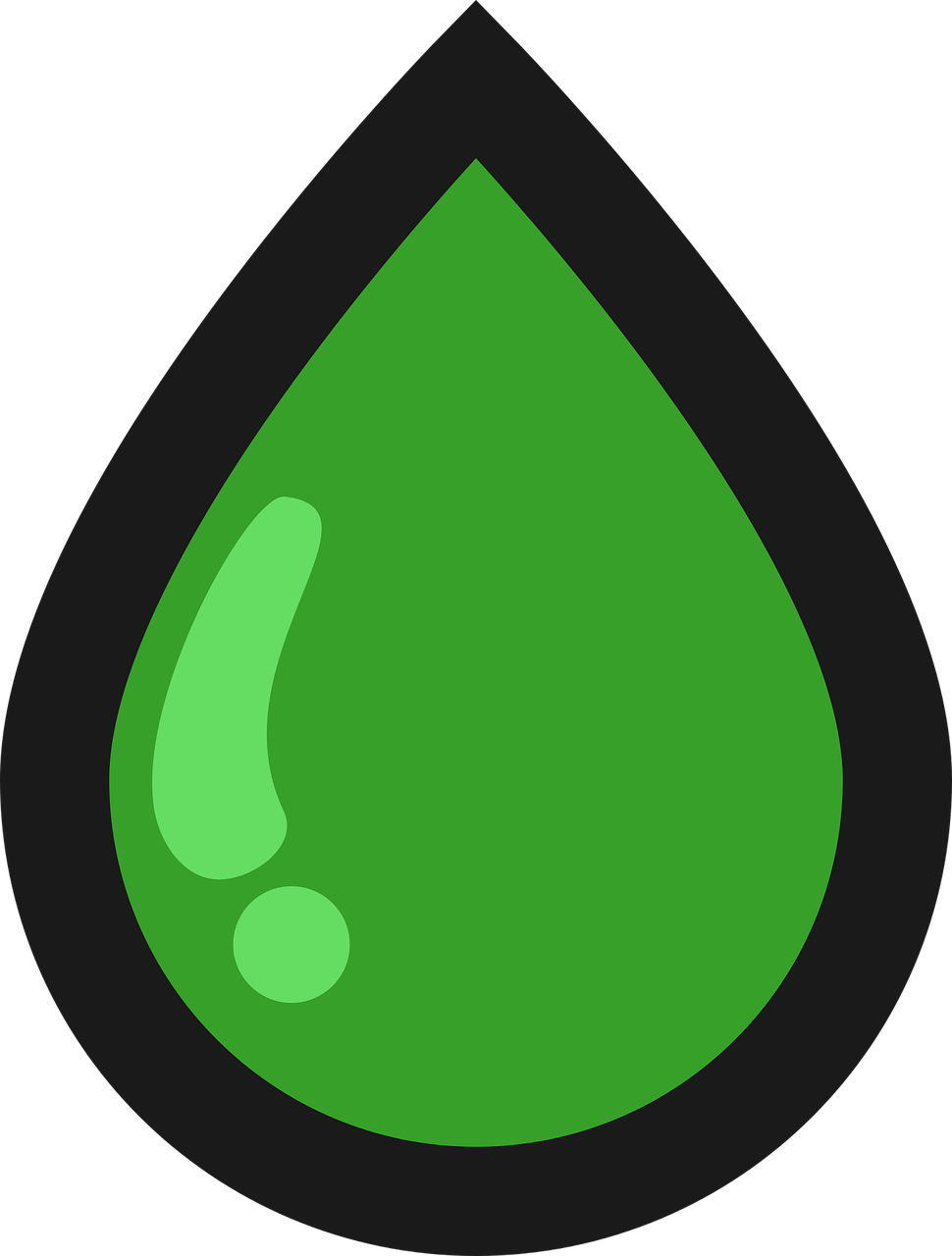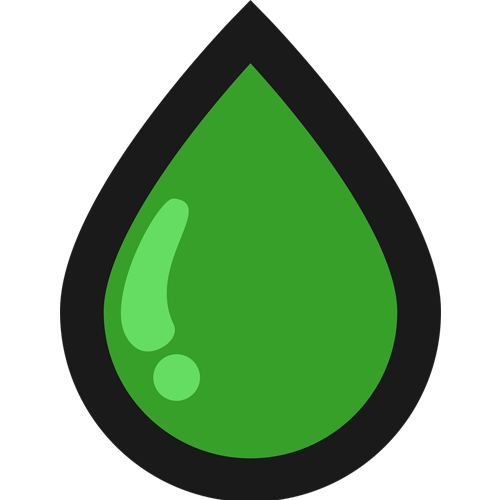Key Takeaways:
– CBD is legal in Germany as a dietary supplement, as long as it contains no more than 0.2% THC.
– The legal status of CBD flowers is uncertain, as there is ongoing debate among jurists.
– Consumers should exercise caution when purchasing and possessing CBD flowers, as there is a small risk of legal issues.
– CBD oils, foods, salves, and cosmetics are considered safer options.
The Legal Status of CBD in Germany
In Germany, CBD (cannabidiol) is legal as a dietary supplement. Unlike THC (tetrahydrocannabinol), CBD does not cause intoxication. This distinction has allowed CBD to be sold and consumed without the same legal restrictions as cannabis products containing THC. However, there are regulations in place to ensure the safety and quality of CBD products.
Understanding CBD Flowers
CBD flowers, also known as CBD Blüten, are the buds of the hemp plant that contain high levels of CBD and low levels of THC. These flowers are often used to produce CBD oil, but they can also be consumed in their raw form. CBD flowers have gained popularity among consumers looking for a natural alternative to traditional cannabis products.
The Debate Surrounding CBD Flowers
The legal status of CBD flowers in Germany is a topic of debate among jurists. While CBD itself is legal, the sale and possession of CBD flowers is not explicitly regulated. Some argue that CBD flowers should be treated the same as other CBD products, while others believe that the presence of THC in the flowers makes them subject to stricter regulations.
The Risks of CBD Flowers
One of the main concerns surrounding CBD flowers is the potential for misuse and intoxication. While CBD flowers are required to contain no more than 0.2% THC to comply with the law, it is difficult to accurately measure the THC content in these flowers. This means that there is a small risk of consuming CBD flowers that contain higher levels of THC, which could lead to intoxication.
Additionally, the sale of CBD flowers to private individuals does not meet the criteria for scientific or commercial use, which raises questions about their legality. While the sale of CBD flowers for commercial or scientific purposes is legal, the sale to private individuals is in a legal gray area.
Safer Alternatives to CBD Flowers
For consumers who want to enjoy the benefits of CBD without the legal uncertainties surrounding CBD flowers, there are safer alternatives available. CBD oils, foods, salves, and cosmetics are considered legal and widely available. These products are processed to ensure that they contain no more than 0.2% THC, making them a reliable and legal option for CBD enthusiasts.
Frequently Asked Questions about CBD
1. Is CBD legal in Germany?
Yes, CBD is legal in Germany as a dietary supplement.
2. What is the legal status of CBD flowers?
The legal status of CBD flowers is uncertain, as there is ongoing debate among jurists.
3. Are CBD flowers safe to consume?
While CBD flowers can be consumed, there is a small risk of legal issues and potential intoxication due to varying THC levels.
4. What are the safer alternatives to CBD flowers?
CBD oils, foods, salves, and cosmetics are considered safer alternatives to CBD flowers.
Conclusion:
CBD is legal in Germany as a dietary supplement, but the legal status of CBD flowers remains uncertain. While CBD flowers can be consumed, there is a small risk of legal issues and potential intoxication due to varying THC levels. To ensure legal compliance and safety, consumers are advised to choose processed CBD products from reputable sellers that adhere to the legal THC limit of 0.2%. CBD oils, foods, salves, and cosmetics are considered safer alternatives to CBD flowers. For more information about the legal status of CBD and other frequently asked questions, it is recommended to visit the website.



